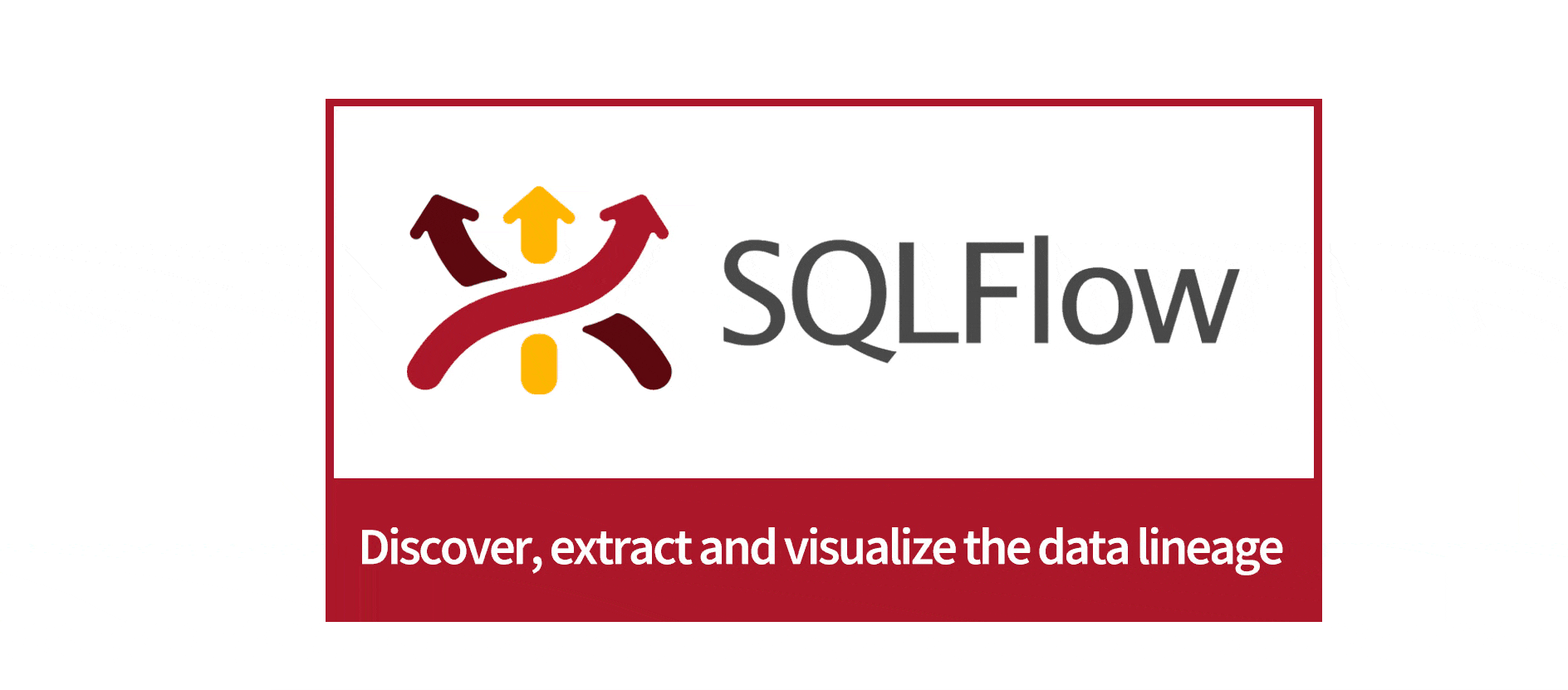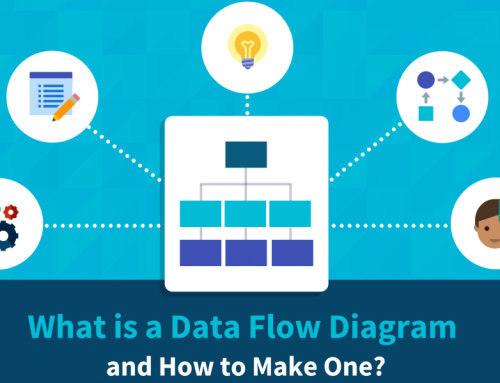What’s SQL Lineage? | SQL Lineage 101
One of the major achievements of data science is the emergence of relational database model. The composition rules for relational databases make it easier to design, build, and manage databases and to build applications and reports around them.
However, relational databases still lack standardized tools for creating, manipulating, and extracting data in relational databases. As a result, Structured Query Language (SQL) was developed, an international standard computing Language that greatly simplifies all aspects of database management, from defining tables and columns to implementing the extract-transform-load (ETL) process to performing complex table joins that combine data from different tables into useful information. Because SQL strictly follows relational database rules, it helps maintain relational database integrity.
Because of its status as an international standard and its widespread use in many types of database systems, from Oracle to MySQL to Microsoft SQL Server, SQL also provides another useful use: enabling SQL lineage tools.
So, what is SQL lineage?
In short, it’s data lineage that derives from SQL. In other words, it is a data lineage which focuses on the SQL code which is used to build, maintain, and manage data sources, database tables, and reports that utilize the data in those tables. Under many circumstances, everything you need to know about data’s journey from source to database system (or systems) to target reports can be collected from SQL code. Of course, this can be done manually by opening and inspecting all stored procedures and other artifacts that contain SQL. However, this method requires a deep understanding of SQL, an obsession with details, and a lot of free time.
Of course, we can use a better approach, which is to use automated data lineage tools to automatically find and parse SQL and build data lineage relationships. This method requires no human intervention. Also, it is important to point out that since SQL has a standard syntax and is used in many different database systems, the SQL lineage tool is system independent.While not all databases are relational, non-relational databases are becoming popular in some cases. However, relational databases and SQL remain the foundation of the vast majority of enterprise database systems, and as long as they are, SQL lineage will be a key component of any automated data lineage tool.
Conclusion
Thank you for reading our article and we hope it can help you to have a better understanding of what’s SQL lineage. If you want to know more about SQL lineage, we would like to advise you to visit Gudu SQLFlow for more information! Thanks again! (Published by Ryan on Apr 19, 2022)
One Comment
Leave A Comment
If you enjoy reading this, then, please explore our other articles below:




SQL is not confined to the traditional relational database systems (RDBMS) and data warehousing solutions. SQL-on-Hadoop engines run on top of distributed file systems to help process big data and build data lakes and data warehouses.